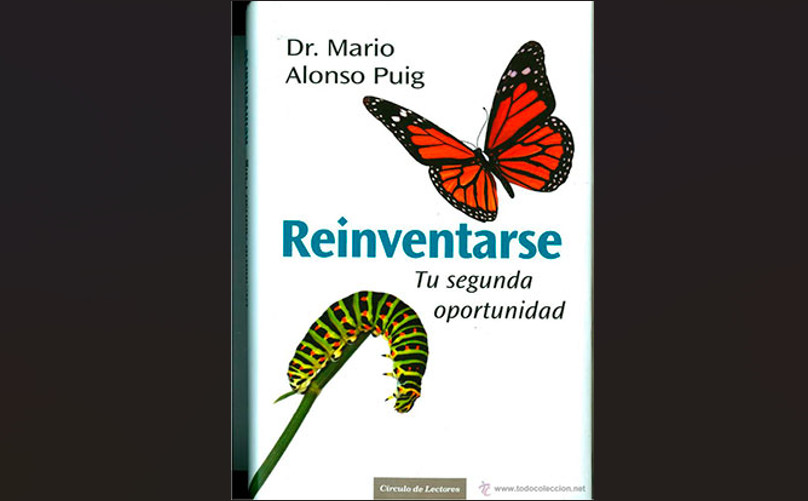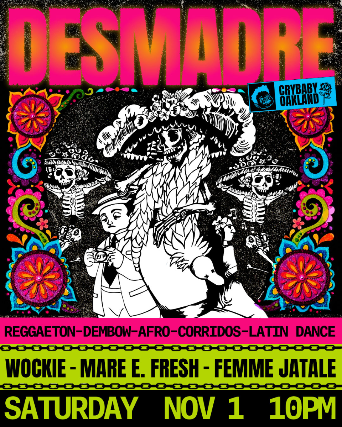Spanish vocabulary
Latest stories
More stories
-
67 Views
in SpanishOne More Year
by
Admin
Spanish has many verbs related to time, aging, and change. Some verbs describe physical aging, others appearance, others emotional wear, and others renewal or growth. Below are some of the most common verbs and expressions, both positive and negative. Envejecer Envejecer means to age in a general and neutral way. It can be physical, emotional, […] More
-
60 Views
in SpanishMorning, Night, and Everything in Between: Mañana, Noche, Tarde… and Their Diminutives
by
Admin updated
Spanish students usually learn mañana, tarde, and noche very early. They look simple, but in real Spanish, especially in Mexico, these words change a lot with diminutives and set expressions. Mañanita, tardecita, and nochecita are not just “smaller” versions. They carry time, mood, and sometimes intention. This post tries to clarify those differences in a […] More
-
33 Views
in Spanish10 Spanish Expressions That Are Not So Easy to Figure Out
by
Admin updated
More expressions that confuse Spanish students Spanish expression Literal translation Real meaning in English estar amolado (Mexico) to be ground down / worn to be broke, in trouble, or in a bad situation ser maleta to be a suitcase to be bad at something, clumsy, or useless at a task chuchulucos (Mexico) little trinkets / […] More
-
744 Views
in SpanishMasculine Spanish Nouns Ending in “-a” (Including “-ista” Professions)
by
Admin updated
Many students begin learning Spanish with the general rule that nouns ending in “-a” are feminine.This rule is often true… but there are dozens of very common exceptions, especially words of Greek origin, and also profession nouns ending in -ista, which take masculine or feminine articles depending on the person, but the noun ending never […] More
-
53 Views
in Culture, Mexico, Spanish, Table of Expressions, TranslationCAMIÓN y CAMIONETA
by
Admin updated
In the Romance-speaking world, camión simply means a heavy truck. But if you are in Mexico City, the phrase “Voy en el camión” doesn’t mean you are driving a freight vehicle. It could mean you’re on a bus. It’s one of those unique Mexican usages that confuse native Spanish speakers from Spain or Argentina, and […] More
-
47 Views
in Grammar, Mexico, Spanish, Table of Expressions, Vocabulary10 Expressions That Are Not Easy to Figure Out – Brincos Dieras
by
Admin updated
Here are ten colloquial expressions that you’ll hear on the street, in songs, and even in movies. Be careful — some of them are pejorative or rude, so it’s important to learn them for understanding, not for repeating in formal situations. Spanish Expression Literal Translation Meaning / English Equivalent Ser solo pantalla To be […] More
-
¡Con ganas!
by
Admin updated
Note: Gana in these examples is not the same as the verb ganar (to earn, to win, to gain) and its nouns ganancia, ganador, etc. When students first hear the word gana, they usually think it means desire or wish. But in reality, gana and its plural ganas appear in many different expressions, some very […] More
-
40 Views
in Spanish10 Expressions That Are Not Easy to Figure Out. Desmadre
by
Admin updated
The Spanish you hear on TV in the US is full of expressions that sound confusing for students because their literal meaning has little to do with the real intention. Sometimes these are very colorful, sometimes strong, sometimes playful. They are used every day, and even though they look difficult, once you know them, they […] More
-
43 Views
in Spanish, Table of Expressions, Translation, VocabularyGeneric Names of Animals in Spanish
by
Admin updated
In Spanish, nouns have a gender: masculine or feminine. For students, it can be strange when animals are sometimes “he” or “she” by default. For example, in English we say the spider, and it can be male or female, but in Spanish it is always la araña (feminine). On the other hand, el pez, el […] More
-
117 Views
in SpanishOVNI
by
Admin updated
OVNI looks strange at first sight, but it’s one of those acronyms that became a normal everyday word. In Spanish, OVNI stands for Objeto Volador No Identificado — literally Unidentified Flying Object (UFO in English). What’s interesting is that Spanish isn’t the only language to use OVNI. French, Italian, Portuguese, and Catalán all built the […] More
-
214 Views
in SpanishNames of Some Jobs — Remake 2.0
by
Admin updated
This is an updated and expanded version of an older spanishNY.com post. If you’re learning Spanish, it helps to know both the formal profession names (doctor, abogado) and the local, informal words you’ll hear on the street, in markets, or at small businesses. Below is a large table with many job names, some of […] More
-
El Monte de Piedad
by
Admin updated
When Spanish learners hear the expression llevar algo al Monte de Piedad, it can sound poetic, even mysterious. Literally, it means “to take something to the Mount of Mercy,” but in everyday Spanish it simply refers to pawning an item. This expression has deep roots, going all the way back to Renaissance Italy and the […] More
















